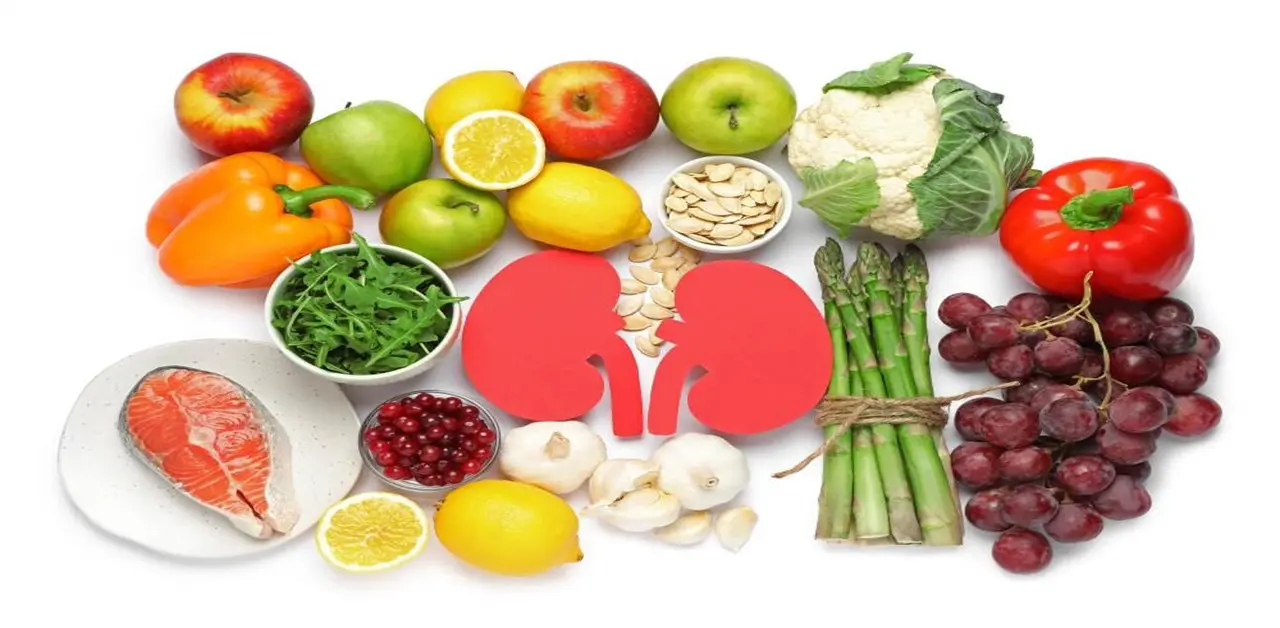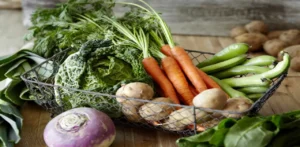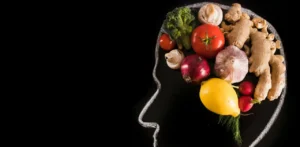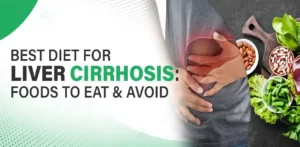Contents
Kidney stones, or nephrolithiasis, are hard deposits made of minerals and salts that form inside the kidneys. These stones can cause severe pain and lead to complications if not managed properly. Understanding the role of diet in the formation and prevention of kidney stones is crucial for those affected. This guide will explore the best diet practices, foods to avoid, kidney stone-friendly meals, and tips for effective nutrition therapy to help prevent and manage kidney stones.
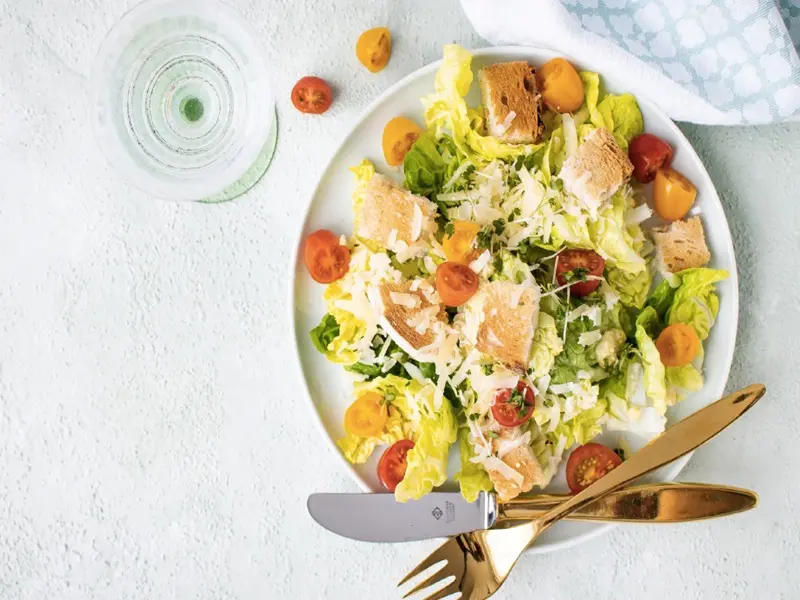
Understanding Kidney Stones
Kidney stones develop when the urine becomes concentrated, allowing minerals to crystallize and stick together. They can vary in size and type, with the most common being calcium oxalate stones. Other types include uric acid, struvite, and cystine stones. Factors such as genetics, dehydration, certain medical conditions, and dietary habits contribute to the formation of kidney stones.
The Importance of Diet in Managing Kidney Stones
Diet plays a significant role in the prevention and management of kidney stones. Certain foods can increase the risk of stone formation, while others can help prevent them. Adopting a kidney stone-friendly diet can reduce the likelihood of recurrence and alleviate symptoms for those already affected.
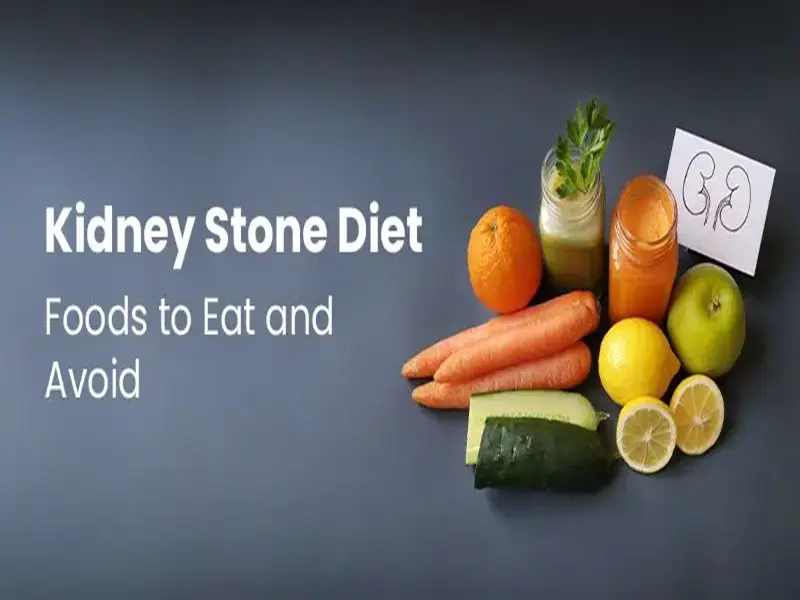
Kidney Stones Diet: Key Principles
- Hydration: Drinking plenty of water is crucial for diluting urine and preventing stone formation. Aim for at least 2-3 liters of water daily.
- Calcium Intake: Contrary to popular belief, adequate dietary calcium is essential. It binds to oxalate in the intestines, reducing its absorption and preventing stone formation.
- Oxalate Management: Limiting high-oxalate foods such as spinach, nuts, and chocolate can help reduce the risk of calcium oxalate stones.
- Sodium Reduction: High sodium intake can increase calcium excretion in urine, promoting stone formation. Aim for less than 2,300 mg of sodium per day.
- Protein Moderation: Excessive animal protein can increase uric acid levels and reduce citrate, a stone inhibitor. Balance protein intake with plant-based sources.
- Citrate-Rich Foods: Citrate helps prevent stones by binding to calcium. Include citrus fruits like lemons and oranges in your diet.
Also Read: “Essential Diet Tips and Best Foods for Kidney Health”
Foods to Avoid with Kidney Stones
Certain foods can contribute to the formation of kidney stones and should be limited or avoided:
- High-Oxalate Foods: Spinach, rhubarb, beets, nuts, chocolate, tea, and soy products.
- High-Sodium Foods: Processed foods, canned soups, deli meats, and salty snacks.
- Sugary Beverages: Soda and sweetened drinks can increase the risk of stones.
- Animal Protein: Red meat, poultry, eggs, and seafood in large quantities.
- High-Purine Foods: Organ meats, anchovies, sardines, and alcohol can lead to uric acid stones.
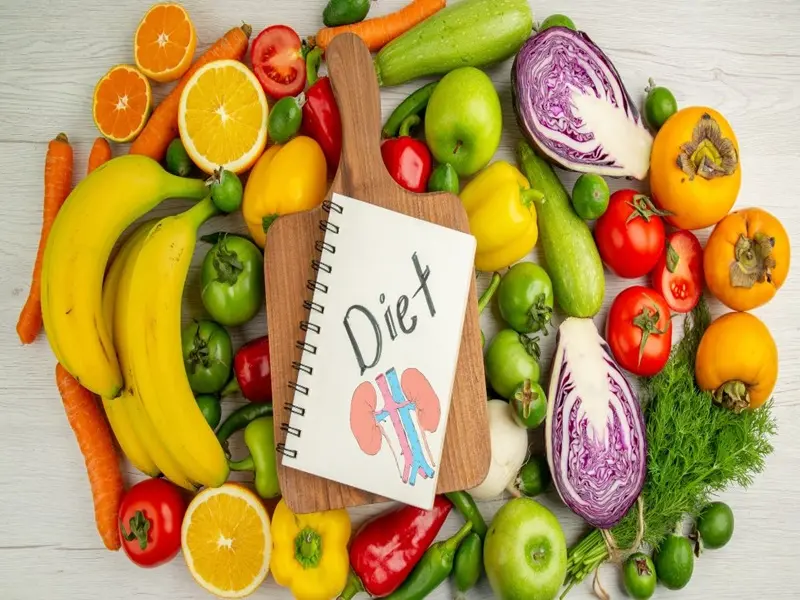
Best Foods for Kidney Stones
Incorporating certain foods into your diet can help prevent kidney stones and promote overall kidney health:
- Water: The best beverage for preventing stones. Aim for at least 8-10 glasses a day.
- Citrus Fruits: Lemons, oranges, and grapefruits are rich in citrate, which inhibits stone formation.
- Calcium-Rich Foods: Low-fat dairy products, fortified plant-based milks, and leafy greens like kale (low in oxalate).
- Whole Grains: Brown rice, quinoa, and whole wheat bread provide fiber and reduce calcium absorption in the intestines.
- Vegetables: Bell peppers, cabbage, and broccoli are low in oxalate and high in beneficial nutrients.
- Herbs and Spices: Basil, garlic, and turmeric can add flavor without sodium.
Kidney Stone Nutrition Therapy
Nutrition therapy for kidney stones involves personalized dietary adjustments based on the type of stones and individual health needs. Here are some general tips:
- Consistent Hydration: Maintain high fluid intake throughout the day, focusing on water.
- Balanced Meals: Combine protein, carbs, and fats in each meal to ensure balanced nutrition without overloading on stone-promoting nutrients.
- Portion Control: Moderation is key, especially with animal proteins and high-oxalate foods.
- Meal Timing: Spread out meals and snacks to maintain stable urine composition and prevent concentration of stone-forming minerals.
- Monitor pH Levels: For uric acid stones, keeping urine pH balanced with alkaline foods like fruits and vegetables is essential.
Also Read: “Eat Well, Live Well: A Guide to Kidney Cancer-Friendly Meals and Nutrition Tips”
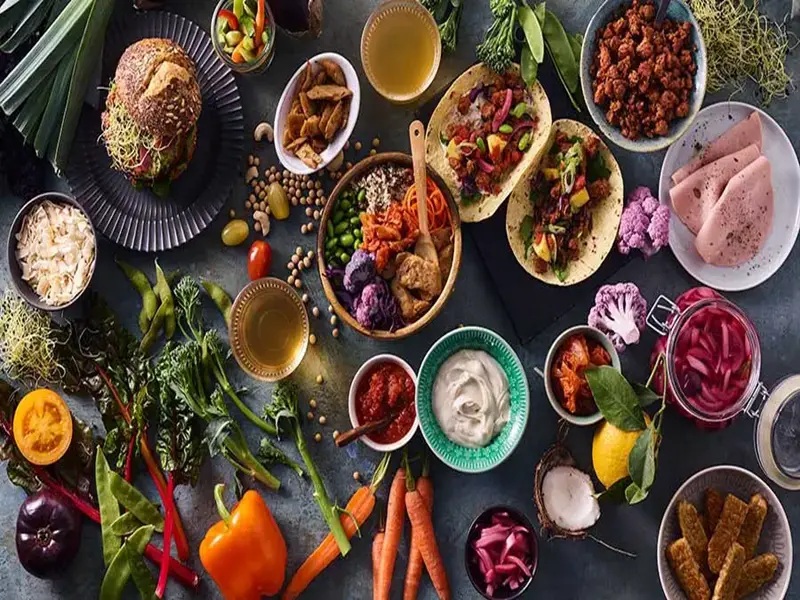
Kidney Stone-Friendly Recipes and Meal Ideas
Creating kidney stone-friendly meals can be enjoyable and flavorful. Here are some recipe ideas to get you started:
Breakfast
- Oatmeal with Fresh Berries: Oats are low in oxalate and high in fiber, while berries provide antioxidants and vitamins.
- Greek Yogurt with Honey and Melon: A calcium-rich option with the added benefit of hydrating melon.
Lunch
- Quinoa Salad with Citrus Dressing: Quinoa is a great source of protein and fiber, and the citrus dressing adds a refreshing touch with kidney stone-preventing citrate.
- Vegetable Stir-Fry: Use bell peppers, broccoli, and carrots with a low-sodium soy sauce for a nutritious and kidney-friendly meal.
Dinner
- Grilled Salmon with Asparagus: Salmon provides healthy fats and protein, while asparagus is low in oxalate and rich in nutrients.
- Chicken and Vegetable Soup: A hearty, low-sodium soup with lean chicken, carrots, celery, and barley.
Snacks
- Apple Slices with Almond Butter: Apples are low in oxalate, and almond butter provides healthy fats and protein in moderation.
- Cucumber and Hummus: A refreshing and kidney-friendly snack rich in fiber and nutrients.
Managing and preventing kidney stones through diet is both effective and achievable. By understanding which foods to avoid, incorporating kidney stone-friendly meals, and staying hydrated, you can significantly reduce your risk of developing kidney stones. Remember, every individual is different, so it’s essential to work with a healthcare provider or nutritionist to tailor a diet plan that suits your specific needs.
Embrace healthy food choices, stay informed about your dietary options, and enjoy the benefits of a well-balanced diet designed to prevent and manage kidney stones. Whether you’re at home or seeking healthy food near you, there are plenty of delicious and nutritious options to support your kidney health.
